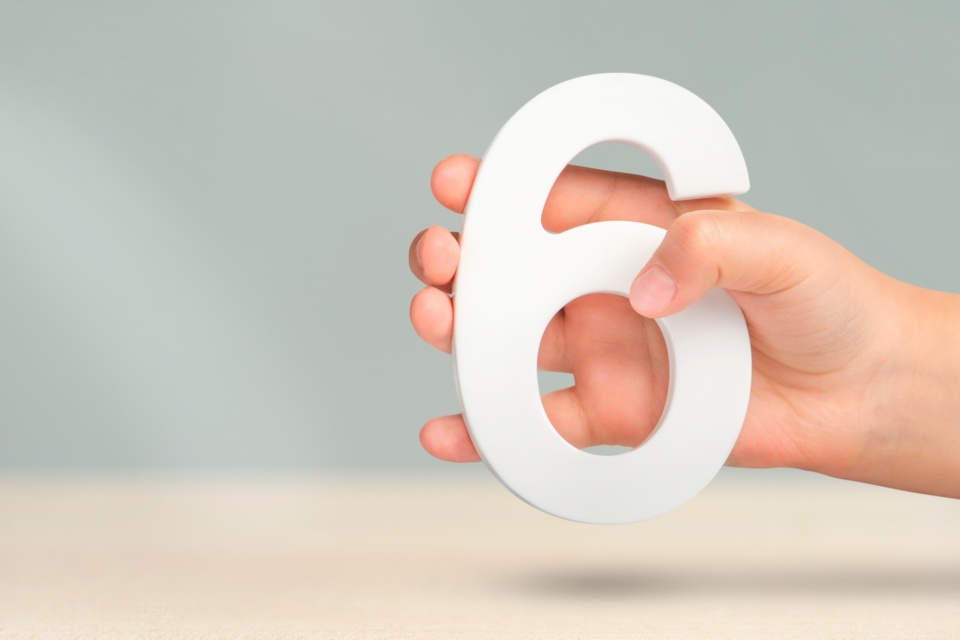
$100 million in new charity funding unlocked, but philanthropy heavyweights say DGR reform is more important
Posted on 04 Mar 2026
The federal government has announced its decision on the percentage of assets that giving funds…
Posted on 10 Oct 2023
By Greg Thom, journalist, Institute of Community Directors Australia

For purpose organisations are harnessing the power of research to help alleviate the plight of financially stressed Australians.
The cost-of-living crisis continues to hurt millions of people across the country, and research has revealed that the highest cost is being borne by those who are least equipped to bear it – people struggling to get by on low incomes.
Recent studies by Anglicare Australia and St Vincent de Paul have lent academic weight to the mountain of anecdotal evidence that financially poorer members of the community must fight harder to keep their head above water.
The organisations have tackled the issue of improving the lot of people suffering poverty and financial stress from different angles: one has proposed a fairer tax and welfare system and the other has looked at inequities in the prices paid for basic items across income levels.
I think this paragraph might be a red herring. I'd assume most of the people discussed in the modelling later in this piece are renters, not home owners. That's why I suggest deleting this. It helps keep the focus on the charity reports.
Problematic pricing
A study by Anglicare Australia titled The Poverty Premium: The high cost of poverty in Australia revealed Australians already doing it tough face higher living costs than those financially better off.
The report compared prices for people who can afford to pre-pay, buy in bulk, or find value in key living expenses compared to those who can’t.
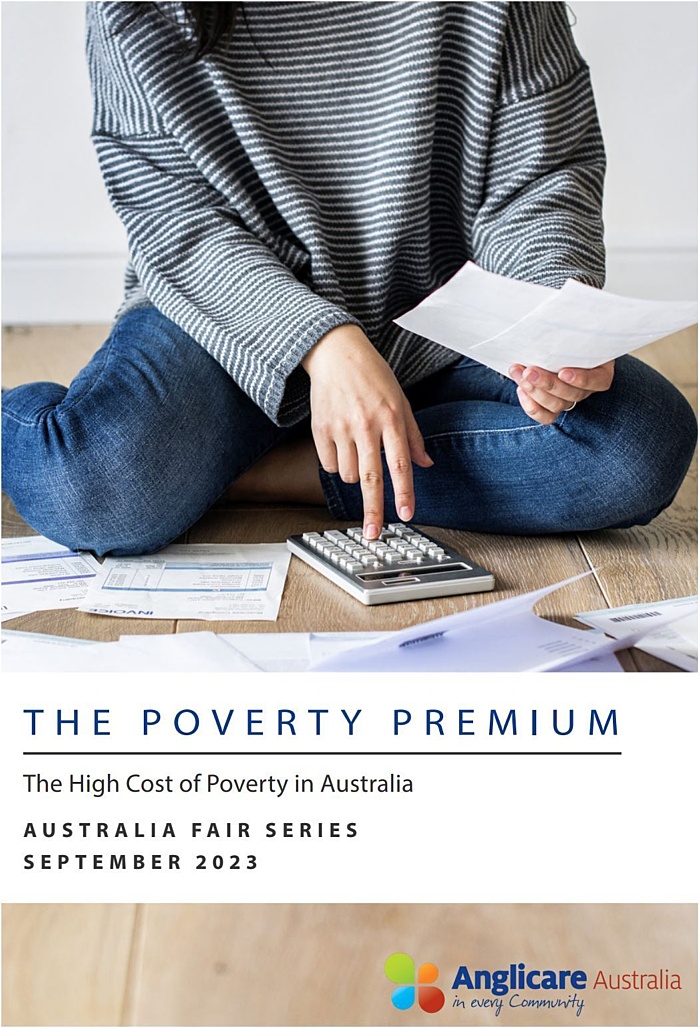
It found consumers are penalised if they can’t afford to buy groceries in bulk, pay costs annually instead of monthly, or upgrade to a more efficient car.
The study contained numerous examples of people on low incomes who reported spending:
Some low-income earners spent up to 93% more on groceries.
Anglicare Australia executive director Kasy Chambers said people on lower incomes often pay more for the same essentials.
“Our research shows that it costs more to be poor,” she said.
“People pay more because they can’t afford to buy in bulk or shop around.
“They pay penalties if they’re forced to live further away from their work and communities, and the best credit deals are for people with high credit scores and healthy bank balances.
“These extra costs are a poverty premium, punishing people who are already earning less.”
The report revealed that low-income earners can pay up to one and a half times more for the same service, pushing some into debt spirals as they desperately try to juggle costs.
Others forego essentials by skipping meals, missing medical appointments, and avoiding paying for insurance, leading to negative consequences down the track.
“These numbers show us that Australians doing it tough need real action, and real leadership,” said Ms Chambers.
Anglicare Australia called for a plan to stop the lowest paid Australians from being pushed deeper into poverty, saying the plan should include:
“People on low incomes did not create Australia’s cost-of-living crisis,” said Ms Chambers.
“They shouldn’t be asked to pay a higher price for it.”
“Seeing people sleeping rough is a harsh reminder that more must be done to help those in need.”
Reforming taxation to relieve poverty
St Vincent de Paul Society believes reforming the tax system would deliver tangible relief to up to 834,000 of the nation’s less well-off citizens.
In 2022 the charity commissioned the Australian National University Centre for Social Research and Methods to model reforms to the tax system designed to reduce the poverty gap by increasing working age payments and Commonwealth rent assistance.
An updated version of the report A Fairer Tax and Welfare System for Australia released in September presented three options aimed at helping those most likely to be living in poverty, such as jobseeker recipients, single parents, renters and working age pensioners.

The modelling contained in the report is based on reforms to personal income tax thresholds, the capital gains tax discount and superannuation tax concessions.
It also lifts the tax-free threshold from $18,200 to $24,000.
All three models described are budget neutral, do not require a major overhaul of systems and strengthen our progressive tax system.
Low-cost, low-impact option: Increase jobseeker payment by $176 per fortnight and parenting payment by $167
Impact: Lift 193,000 people out of poverty
Cost: $4 billion
Modest-cost, modest-impact option: Increase jobseeker by $338 per fortnight, parenting payment by $351 per fortnight, disability support pension and carer payment by $69 per fortnight
Impact: Lift 491,000 people out of poverty
Cost: $10 billion
High-cost, high-impact option: Increase jobseeker by $338 per fortnight, parenting payment by $351 per fortnight, disability support pension and carer payment by $249 per fortnight, family tax benefit A by 20% and Commonwealth rent assistance by 25%
Impact: Lift 834,000 people out of poverty
Cost: $20 billion
St Vincent de Paul Society national president Mark Gaetani said if implemented, the recommendations of the report would make a significant contribution to improving the wellbeing of thousands of Australians doing it tough.
“Our reforms reduce inequality and will significantly reshape the lives of vulnerable Australians by lifting them out of poverty and reducing financial stress,” said Mr Gaetani.
He said the changes would benefit low to moderate income households by requiring a small number of high-income and high-wealth households to pay around $3,000 a year extra in taxation.
“Seeing people sleeping rough is a harsh reminder that more must be done to help those in need,” said Mr Gaetani.
“This help can only come from those sections of society that can afford it. We look to the government to make structural changes to increase equality.”

Posted on 04 Mar 2026
The federal government has announced its decision on the percentage of assets that giving funds…

Posted on 04 Mar 2026
Australia’s for-purpose enterprise supporting Indigenous-owned businesses announced a record $5.83…

Posted on 04 Mar 2026
Hannah Nichols is the environmental, social and governance (ESG) lead at Australian Red Cross and a…

Posted on 04 Mar 2026
Major workflow software company Atlassian has announced it is offering its Teamwork Collection of…

Posted on 04 Mar 2026
In all charities and NFPs – big and small – annual budgeting brings with it a degree of…

Posted on 04 Mar 2026
New research from Diversity Council Australia (DCA) has found that even as one in four workers…
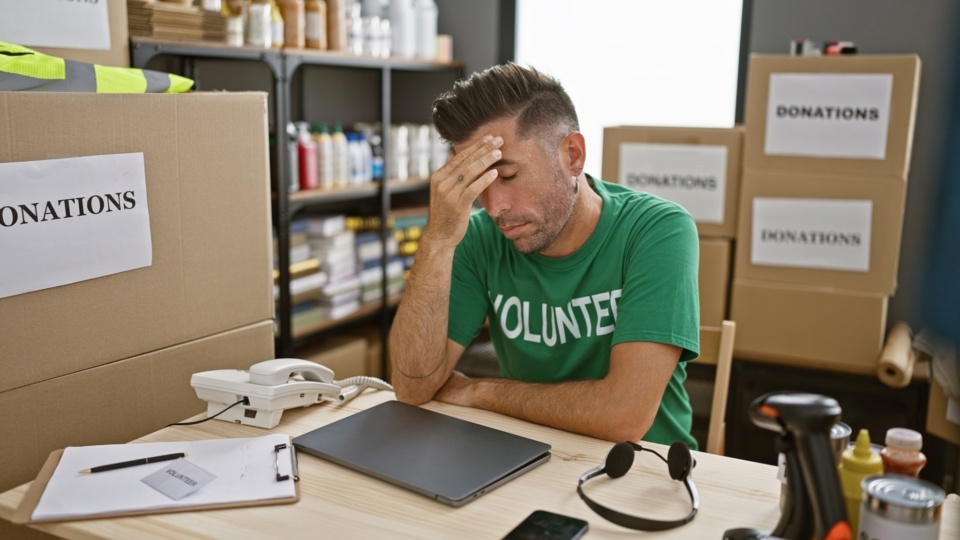
Posted on 25 Feb 2026
Australia’s community organisations are quietly holding society together. From local sporting clubs…
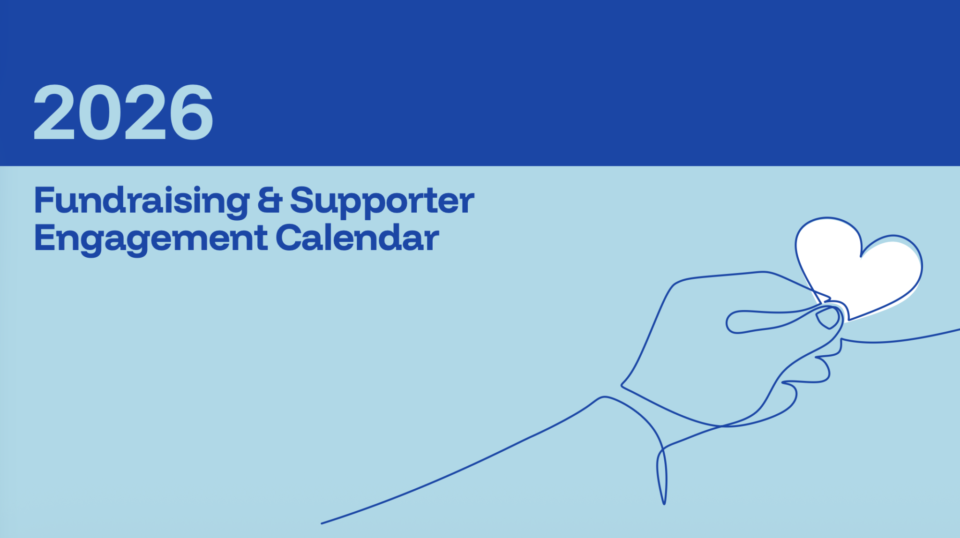
Posted on 25 Feb 2026
Writing communications for donors, stakeholders, regulators and the public can be a relentless task…
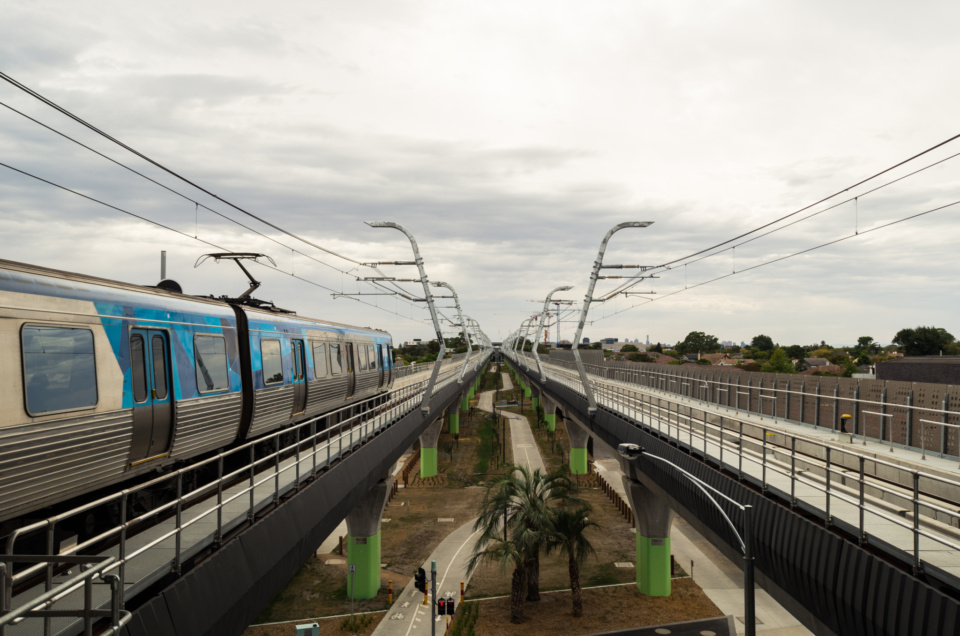
Posted on 25 Feb 2026
A Victorian suburb's hot debate about whether trains should live underground or in the sky ended…
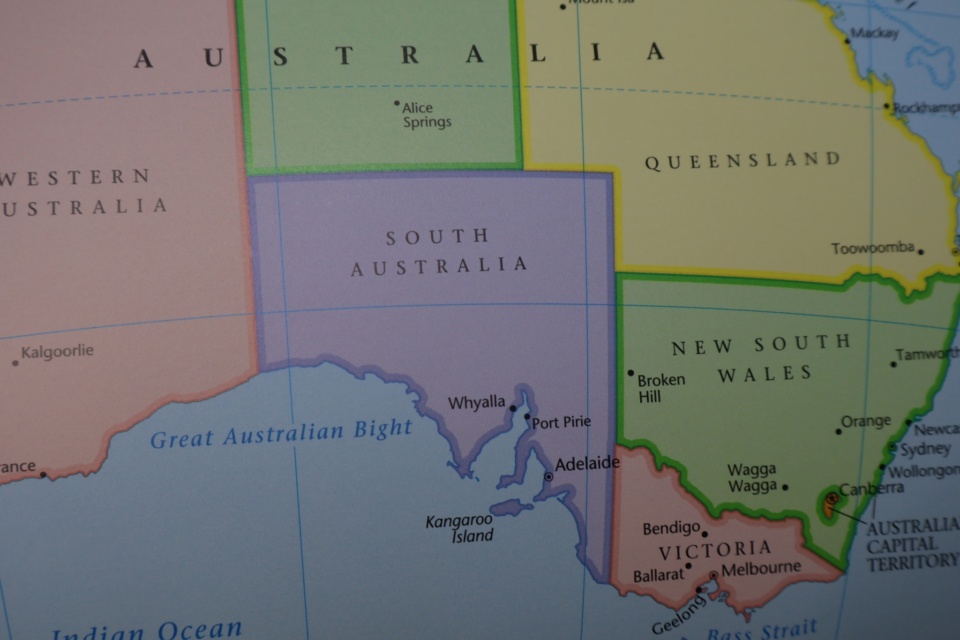
Posted on 25 Feb 2026
Three years after the federal government announced that national fundraising principles would be…
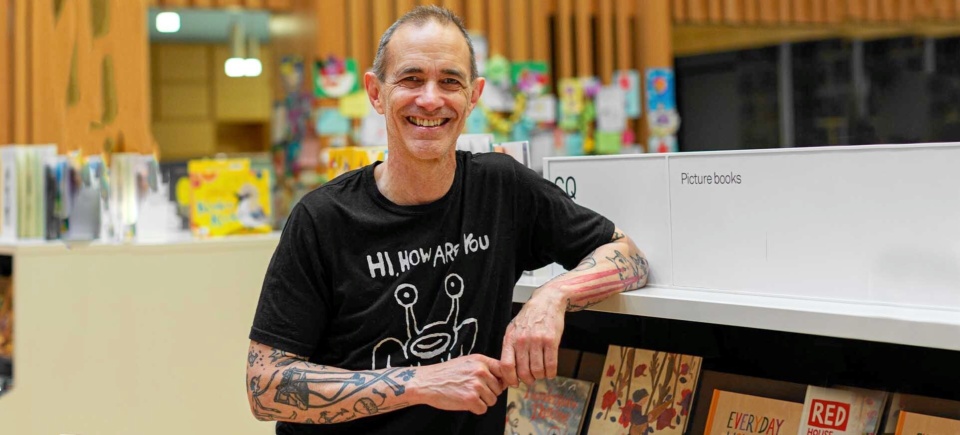
Posted on 25 Feb 2026
Author Andy Griffiths has spent 30 years bringing “punk rock” to children’s books, making kids…
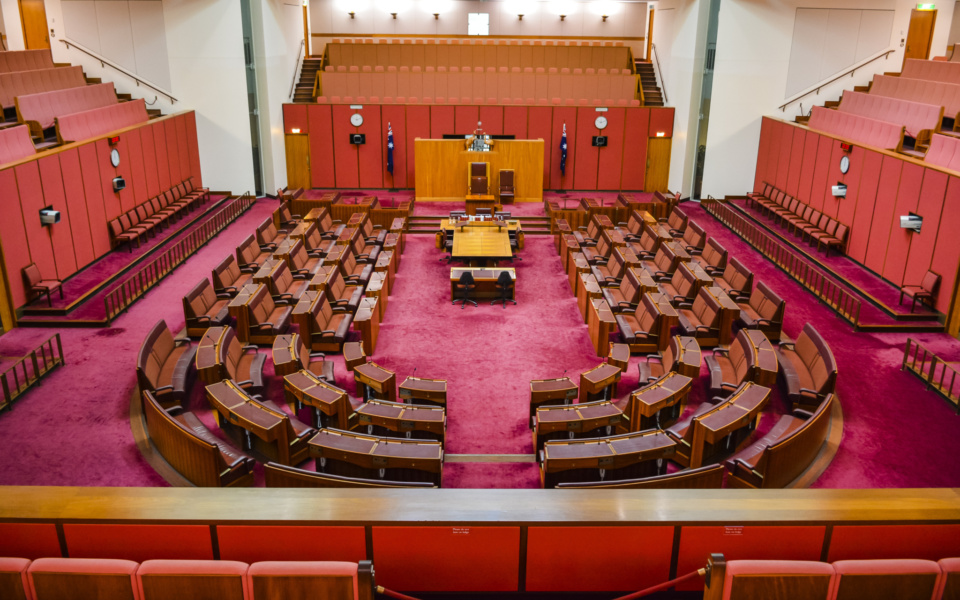
Posted on 25 Feb 2026
Senator Dean Smith is back as shadow minister for charities, and he’s told the Community Advocate…